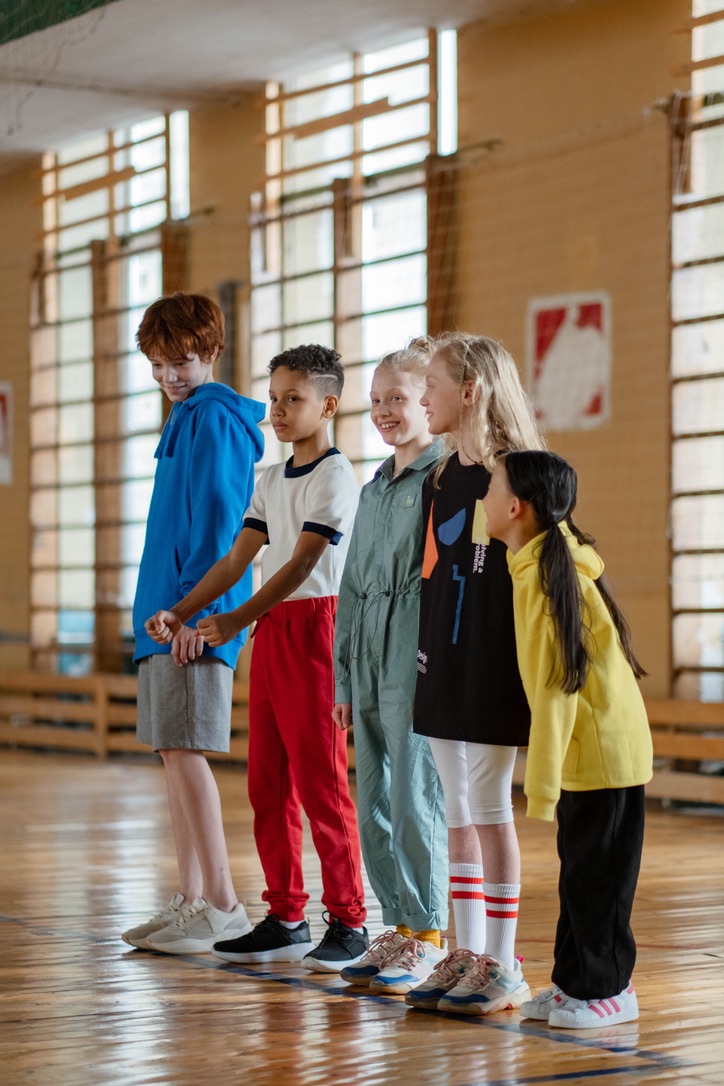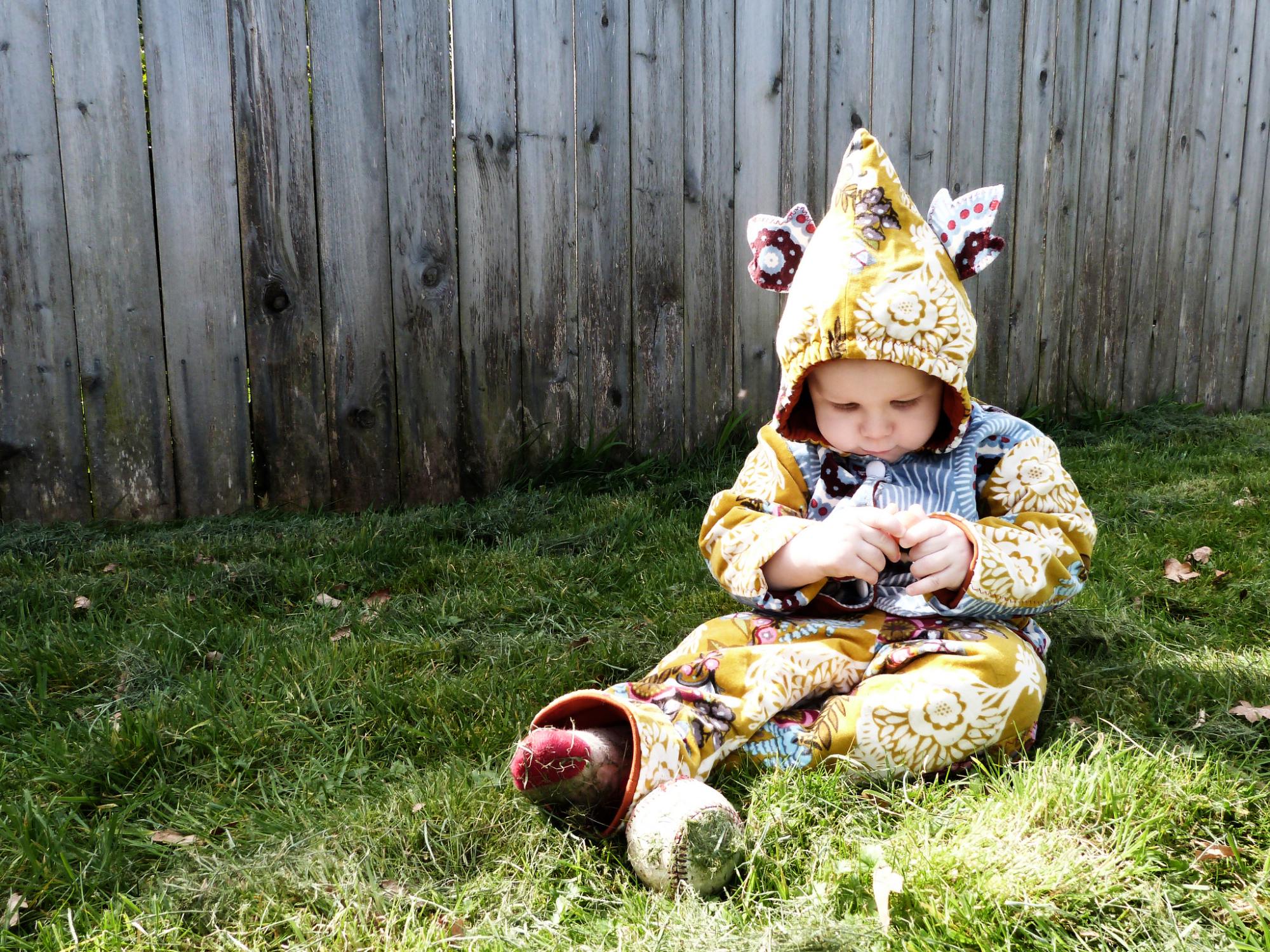If a child shows concerning speech patterns, there is usually no clear cause. The vast majority of speech challenges related to development are what’s called idiopathic–they just happen. Sometimes, specific diagnoses can directly and casually affect speech challenges. Medical intervention can address these challenges, followed by intervention by a licensed speech-language pathologist.
Below, I summarize some of the most common issues related to otolaryngology (ear-nose-throat) that can present. Some may be present at birth and may be apparent or reveal themselves later in development; most issues appear in late toddlerhood or pre-school years. The goal of this post is to inform and empower parents and caregivers in a child’s development. However, it’s important to note that good care starts with qualified healthcare professionals.

Enlarged adenoids and tonsils
The adenoids, also known as pharyngeal tonsils, are bundles of lymphatic tissue that sit in the space between the oral and nasal cavities (the nasopharynx). When, after an infection like the common cold or an ear infection, the adenoids become inflamed (usually with pus–gross; I know), they can block proper nasal breathing. This issue can affect multiple vital systems in a developing child, but we’ll stick with speech here.
Often occurring in the later toddler years or during pre-school, enlarged adenoids can have varying effects on a child’s speech. Sometimes, there is no impact, while in others, it can be profound and require immediate attention. Speech affects include hyponasal speech, where children sound stuffed up. This can lead to a habitual open-mouth breathing posture, which can lead to changes in how a child articulates speech sounds.
The adenoids are the most likely to affect a child’s speech development when inflamed, but the palatine and lingual tonsils are also important to consider. When you open your mouth wide, you can see the palatine tonsils on the back sides. The lingual tonsils, not visible, are at the base of your tongue (see picture). These two tonsils affect speech production only when inflamed.
Should you suspect that your child’s adenoids and/or tonsils are affecting speech development, the first course of action would be to consult with your pediatrician or pediatrician otolaryngologist. A course of antibiotics and/or oral steroids can solve the problem. In rarer cases, surgery is required. Urgency is crucial, as delays can worsen speech problems. Please also see a previous blog post on this subject. (Tonsils & Adenoids)
Source url: https://teachmeanatomy.info/neck/misc/tonsils-and-adenoids/
Ankyloglossia (tongue tie)
I’ll be brief and direct you to this blog post (Is My Child Tongue-Tied?) as this subject is important and a current topic of discussion. There has been an uptick in the number of tongue tie surgeries being performed. The procedure is often quick, straightforward and painless when performed by a qualified provider such as an otolaryngologist or specialized pediatric dentist.
Parents should understand that the severity of tongue tie can affect speech and other oral behaviors like feeding and swallowing. I have seen unsubstantiated (and wild) claims from certain providers stating that tongue tie surgery can improve symptoms of autism and stuttering. Healthcare consumers must tread cautiously and remain vigilant against such claims, ensuring they comprehend the motives of those advocating for this procedure. Throughout my nearly twenty-year clinical practice, I have observed the changing opinions of clipping the lingual frenulum, with periods of powerful encouragement followed by periods of strong discouragement. Having a perspective that attitudes can swing based on recent evidence is crucial.
That said, tongue tie can have a negative impact on a range of critical behaviors, like suckling/breastfeeding, oral feeding, swallowing and speech. Any situation that limits a child’s tongue range of motion can affect functioning. As with adenoids and tonsils issues, the first line of defense, so to speak, is to consult with your pediatrician and ask him/her for a specialist referral.
Lip tie (sometimes referred to as bugloss)
As the name implies, lip tie occurs when the labial frenulum limits the range of motion of the lips. This condition less commonly affects speech development and production. When it does, the lip tie is usually quite severe. However, certain speech sounds require precise lip movements and lip tie. Again, as with tongue tie, should you suspect this is occurring in your child, your first course of action would be to contact your pediatrician.
Velopharyngeal insufficiency
Separating the mouth and nose is necessary for numerous reasons, too many to detail here. Compromising this separation can affect speech (and other functions). The hard palate, a piece of the maxilla (upper jaw) bone that fuses while a child is in utero, separates the mouth (oral cavity) and nose (nasal cavity). Sometimes, the incomplete fusion results in a cleft palate. Pediatricians almost always diagnose this condition at birth. They have a comprehensive, stepwise plan to treat and facilitate your child’s proper development of structures and functions.
Sometimes, however, an anatomical issue may be less apparent (i.e., a submucosal cleft). In these cases, a child’s voice might sound unusual, often hypernasal where air is escaping out of the nose when it shouldn’t. This issue requires a full clinical workup and diagnosis from a specialized physician. The course of treatment and speech therapy may vary for a congenital palate issue.
Finally, a situation can arise where velopharyngeal insufficiency occurs because the soft palate cannot function or may have malformations or injuries. The soft palate is a flap of muscle tissue between the nasal and oral cavities that raises and lowers to open or close off the nasal cavity. Just as with hard palate issues, soft palate challenges can make a child’s speech hyponasal. If the challenge is anatomical, the pediatric otolaryngologist will again possess the best resources to chart a course of treatment.
With these conditions, time is of the essence! Children have what we call critical periods for specific skills, like speech. Their brains are most receptive to learning these skills during specific age ranges. For speech, this occurs from birth to around 8-9 years old. Although it’s possible for a child to develop crucial speech skills after age 8-9, progress might be slower and therapy programs more complex and challenging. No matter your concern, the first step is to get information from a local licensed medical or speech and language professional. At Speech Buddies, we would be honored to assist you!
Gordy Rogers, M.S. CCC-SLP, & Speech Buddies Co-Founder

Contact us at info@speechbuddies.com





